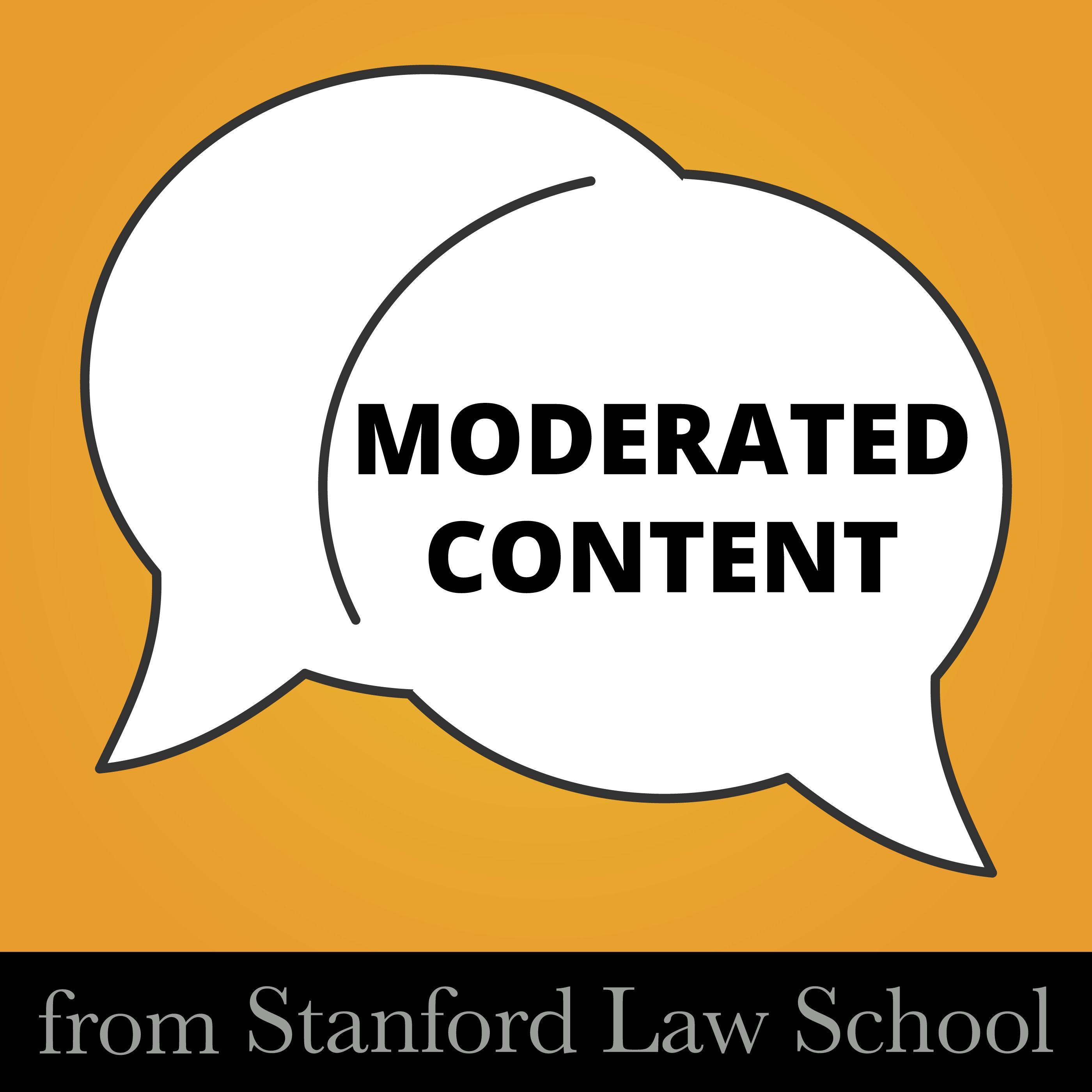
MC’s Weekly Update: Everyone’s Interested in Content Moderation

Moderated Content
Shownotes Transcript
Stanford’s Evelyn Douek and Alex Stamos weigh in on the latest online trust and safety news and developments:
The Supreme Court agreed to hear two cases that could determine the scope of liability for websites and social media platforms that host and promote user content. - Rebecca Kern/ Politico), Rachel Lerman/ The Washington Post), David Ingram/ NBC News)
Gonzalez v. Google) is the case getting the most attention because somehow the words “Section 230” have become clickbait — quite an achievement for a random provision of federal law. The question in Gonzalez is whether platforms lose Section 230 protections for content that they promote. The family of a victim of the 2015 Paris terrorist attacks brought the suit.
But we also really want to highlight Twitter Inc. v. Taamneh), which is about whether platforms can be found to have “aided and abetted” terrorism by having terrorist content on their services. The case was brought by the family of a victim of a 2017 terrorist attack in Istanbul which claims Twitter, Google, and Facebook aided and abetted terrorism by allowing the Islamic State on their platforms in violation of the Anti-Terrorism Act.
Meta took down influence operations linked to China and Russia. The Chinese campaign was the first to target U.S. politics ahead of the midterms, but was clearly fake and had low engagement. The larger Russian network replicated media organizations to spread pro-Kremlin narratives about the war in Ukraine. - Steven Lee Myers/ The New York Times), Donie O'Sullivan/ CNN), Ben Nimmo/ Meta), Nika Aleksejeva, Roman Osadchuk, Sopo Gelava, Jean Le Roux, Mattia Caniglia, Daniel Suárez Pérez, Alyssa Kann/ DFRLab)
Spotify announced it is acquiring content moderation company Kinzen, bringing expertise and proprietary tools in house to improve trust and safety. - Sarah Perez/ TechCrunch)
PayPal is facing blowback after proposing rules that would have allowed it to fine users $2,500 for promoting misinformation — which the online payment service has since called an error. - Cristiano Lima/ The Washington Post)
California passed a “cyberflashing” law that allows recipients of unwanted sexual imagery to take legal action against the sender for up to $30,000 in civil damages. California is the third state to pass a law that provides legal recourse for this form of sexual harrassment and abuse. - Cristiano Lima/ The Washington Post)
More: The dating app Bumble played a significant role pushing for the new law. The app requires women to send the first messages to matches in an attempt to create a better dating experience.
Context: The new law may be a sign of a trend across state legislatures which are increasingly passing measures against online harms and abuse. A Bumble executive to The Washington Post the company plans to push for similar legislation in Maryland, New York and D.C.
Join the conversation and connect with Evelyn and Alex on Twitter at @evelyndouek) and @alexstamos).
Moderated Content is produced in partnership by Stanford Law School and the Cyber Policy Center. Special thanks to John Perrino for research and editorial assistance.
Like what you heard? Don’t forget to subscribe and share) the podcast with friends!
